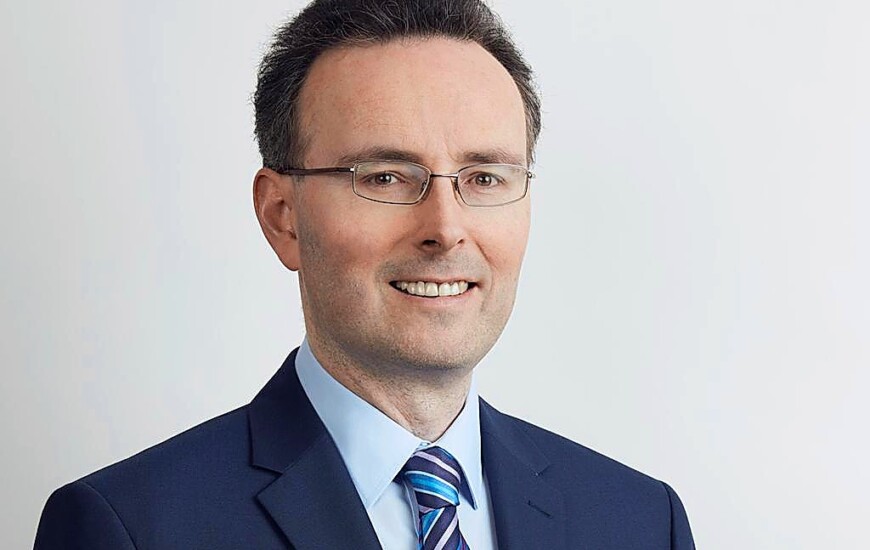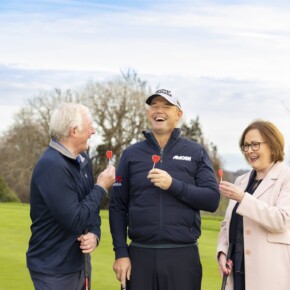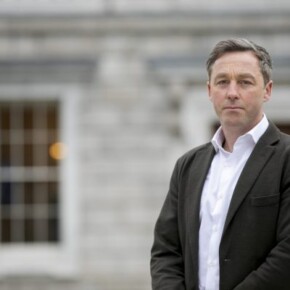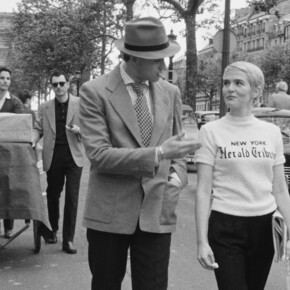Walsh says local democracy in Ireland is being “asset stripped”
Mike Finnerty 04 Jan 2024
What do Ireland, Russia, Hungary, and Moldova have in common?
They were recently ranked as having the weakest forms of local democracy in Europe.
A report from the Council of Europe found that Ireland is in the bottom 5 nations in Europe for local democracy.
The report said “although Ireland is a solid democracy, it remains one of the most centralised countries in Europe” and “there is still a lot to be done before local self-government in Ireland is on par with other European countries”.
Ireland ranking alongside the likes of Russia, Hungary and Moldova, nations that are considered flawed democracies or borderline authoritarian by the United Nations, is a sore point among Irish politicians.
In November, Fianna Fáil TD Paul McAuliffe told Northside People that local democracy has been weakened ever since the Local Government Reform Act was introduced in 2014.
McAuliffe said he was a strong advocate of Dublin having a directly-elected mayor, as well as granting more executive powers to Councillors.
Opinions on the issue differ by political party, and Labour Councillor John Walsh says that successive Fine Gael governments have majorly weakened local democracy in Ireland.
The Castleknock Councillor said that Fine Gael has “asset stripped” local democracy in Ireland, and the system itself has been “systemically undermined.”
“Fine Gael has been very aggressive in centralising power in a way that is undemocratic,” he told Northside People.
Under the act, town and urban councils were abolished across Ireland, and the likes of Fingal County Council and Dublin City Council lost a significant amount of power.
Walsh acknowledged that while Labour was in coalition when the Local Government Reform Act of 2014 was introduced, he said that subsequent actions by Fine Gael ministers Simon Coveney and Eoghan Murphy hobbled local democracy in Ireland even further.
Over the course of the conversation, Walsh was posed the question that weakened local democracy isn’t necessarily the top issue on the minds of voters, but he said that there are “very real and tangible” everyday effects to local democracy being left in such a weak state.
Referring to Coveney and Murphy’s tenures as Minister for Housing, Walsh said that under their watch planning applications bypassed the traditional route of consulting with local authorities such as councils and letting the majority of decisions rest with An Bord Pleanála.
Walsh explained that Fine Gael’s housing policy between 2016 and 2020 was to favour co-living spaces, and owing to local councils not having the powers to scrutinise co-living builds, the policy was largely allowed to proceed with little to no opposition.
Strategic Housing Developments became the de facto means of developing housing units during the Fine Gael – Independent Government of 2016 to 2020, and Walsh says because that method was pursued for so long, it resulted in the current lack of affordable housing that is plaguing Dublin today.
“SHDs were Government housing policy during this time,” Walsh explains “so it means that as a result of councils having less powers we, as elected representatives, were not able to give the proper scrutiny or apply the adequate pressure on Government housing policy.”
Considering how housing is one of the top issues on voters’ minds, as was the case in the 2020 general election, Walsh said that local councils not having a say in housing is a real-world example of the consequences associated with the decline of local democracy.
He said that is Labour policy to reintroduce town and urban councils and pointed to Manchester as an example of how Dublin should be governed.
Manchester saw significant devolution of powers over the last 20 years, and as a result, Manchester City Council now has control of public transport issues, directly elects police commissioners, and has a department specifically for planning and housing issues in the city.
With crime also becoming a hot-button issue among voters, Walsh pointed to Government plans to replace Joint Policing Committees with Community Safety Partnerships.
At present, Joint Policing Committees are a function of the various councils around Dublin, and a Councillor is elected as chair of the Committee.
Announced in late 2022 by the Department of Justice, Community Safety Partnerships would supersede the various Joint Policing Committees.
A statement from the Department of Justice from the time read “LCSPs aim to engage with the community to prioritise issues raised by its members as security concerns.”
“They act as a forum to create dialogue between community representatives and agencies such as An Garda Síochána. They aim to grow local leadership and participation, strengthen trust between the community and service providers and identify specific areas where community safety work can be supported.
The fact that local elected representatives would be bypassed in this context is “not an accident,” according to Walsh.
“This Government persists with this dangerous myth that centralisation of power is the same as efficiency, and this is not the case,” he asserted.
Labour will announce their local election manifesto in the early part of 2024, and Walsh said the party would make the renewal of local democracy a part of the campaign.
“If you look at how local democracy operates in France or Germany, you can see that local democracy in Ireland is way behind the rest of Europe,” he said.
Walsh said that in a truly robust local democracy, housing, policing, planning and public transport issues would be devolved to local authorities.
“What we have right now is a mania for centralisation, and I think that Labour can and will fight for devolution of powers to local authorities.”











